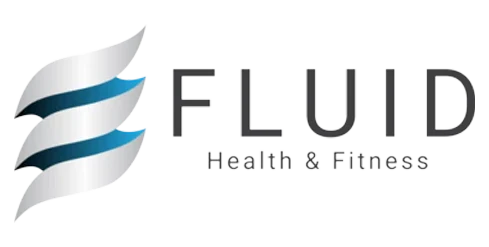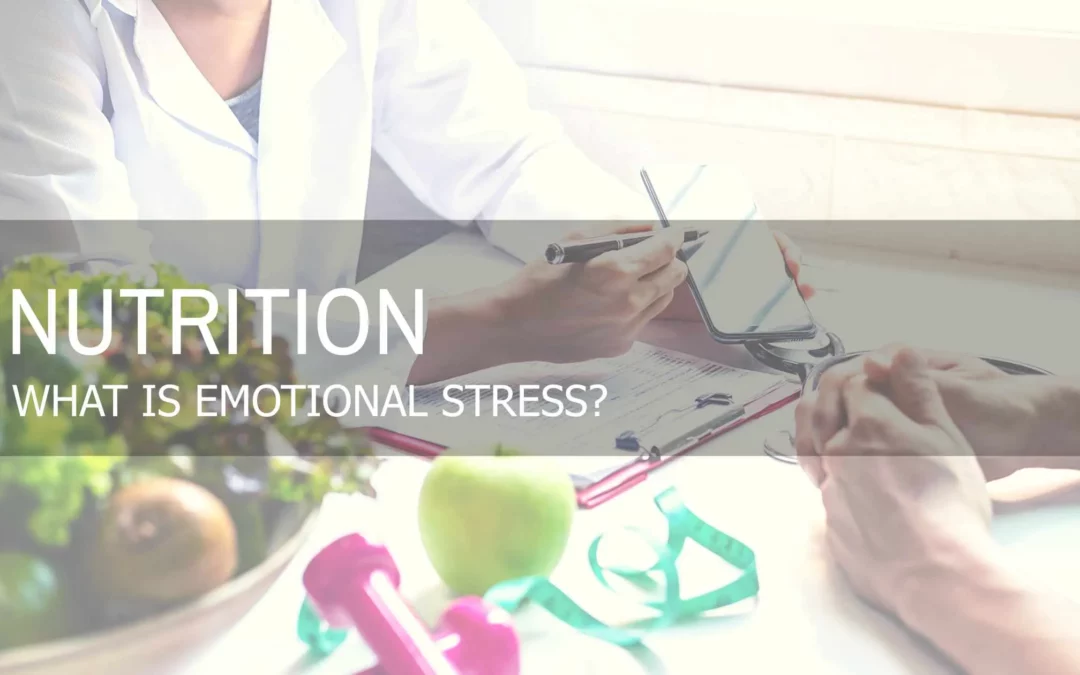What Is Emotional Stress?
In 1936, Hans Selye first defined the phrase, “stress” as it’s used today as “the non-specific response of the body to any demand for change”. Since then, the definition has gone through some revisions. The American psychological Association (APA) currently defines it as “the physiological or psychological response to internal or external stressors. Stress involves changes affecting nearly every system of the body, influencing how people feel and behave.” We react to stress through four emotional reactions: anger or irritability, anxiety, fear and depression.
The Four Stress Emotions
Anger refers to “an emotion characterized by tension and hostility arising from frustration, real or imagined injury by another, or perceived injustice”.
Anxiety refers to “an emotion characterized by apprehension and somatic symptoms of tension in which an individual anticipates impending danger, catastrophe, or misfortune”
Fear refers to “a basic, intense emotion aroused by the detection of imminent threat, involving an immediate alarm reaction that mobilizes the organism by triggering a set of physiological changes. “
Depression refers to “a negative affective state, ranging from unhappiness and discontent to an extreme feeling of sadness, pessimism, and despondency, that interferes with daily life.
Defining the Types of Stress
the APA Definition
The APA’s stance on stress is that there are three types: acute, acute episodic, and chronic.
Acute stress, the most common type, refers to the usually temporary reactions to the demands and pressures of a new or unexpected event that increase adrenaline, heart rate, sweating, anxiety, and hyper-awareness of your surroundings. It leads to the “fight, flight, freeze, or fawn” stress response. Some examples include: going on a first date, going to a job interview, getting into an accident, and getting a promotion. It is usually highly treatable. However, depending on the severity of the incident, such as getting robbed or in an accident, therapy may be required.
Acute episodic stress refers to the experiencing of frequent acute stress. It is often attributed to those individuals who tend to be nervous, irritable, impatient, and anxious. They have a hard time relaxing because they tend to worry a lot, ruminate, and are highly competitive. This consistent stress can take a physical toll on the body through muscle tension, sleep disturbances, gut issues, high blood pressure, heart issues, and overall moodiness. Because of the prolonged nature of this type of stress, many of the behaviors and habits are harder to treat and change.
Chronic stress refers to the long-term response to constant daily demands and pressures that we feel like we can’t escape from and there is no way out. Some examples include: significant traumas that may haunt us, you or a loved one may be dealing with health issues, money may be a constant concern, or there is a uncertain future regarding the current situation. After a while, individuals become used to the stressful situation and become resigned to life. Although we can adapt to survive, it can take a massive toll on us physically and mentally through depression, anxiety, apathy, exhaustion, sleep disturbances, muscle tension and pain, gut issues, heart issues, high blood pressure, moodiness, forgetfulness, loss of concentration and focus, and memory issues. This type of stress is the hardest to treat because of the compounding of multiple issues and foundational problems of the current situation.
Another Perspective
In addition to APA’s definition, other organizations such as the American Institute of Stress, added another dimension: eustress vs. distress.
Eustress refers to good stress (the Greek prefix, “eu” means good). It is positive associations and emotions with exciting life events such as getting a promotion, buying a new house, getting married, watching other people reach their goals, etc.
Distress refers to the negative associations and emotions that we experience in day-to-day life, such as divorce, death, financial difficulties, workplace issues, health problems, etc.
Signs of Emotional Stress
- Feeling overwhelmed, hopeless, apathetic
- Irritability and short temper
- Lack of concentration and focus
- Foggy mind and memory loss
- Emotional and/or physical numbness
- Chronic tension, exhaustion, and/or pain
- Insomnia or restless sleeping
- Change in appetite (under eating or overeating)



